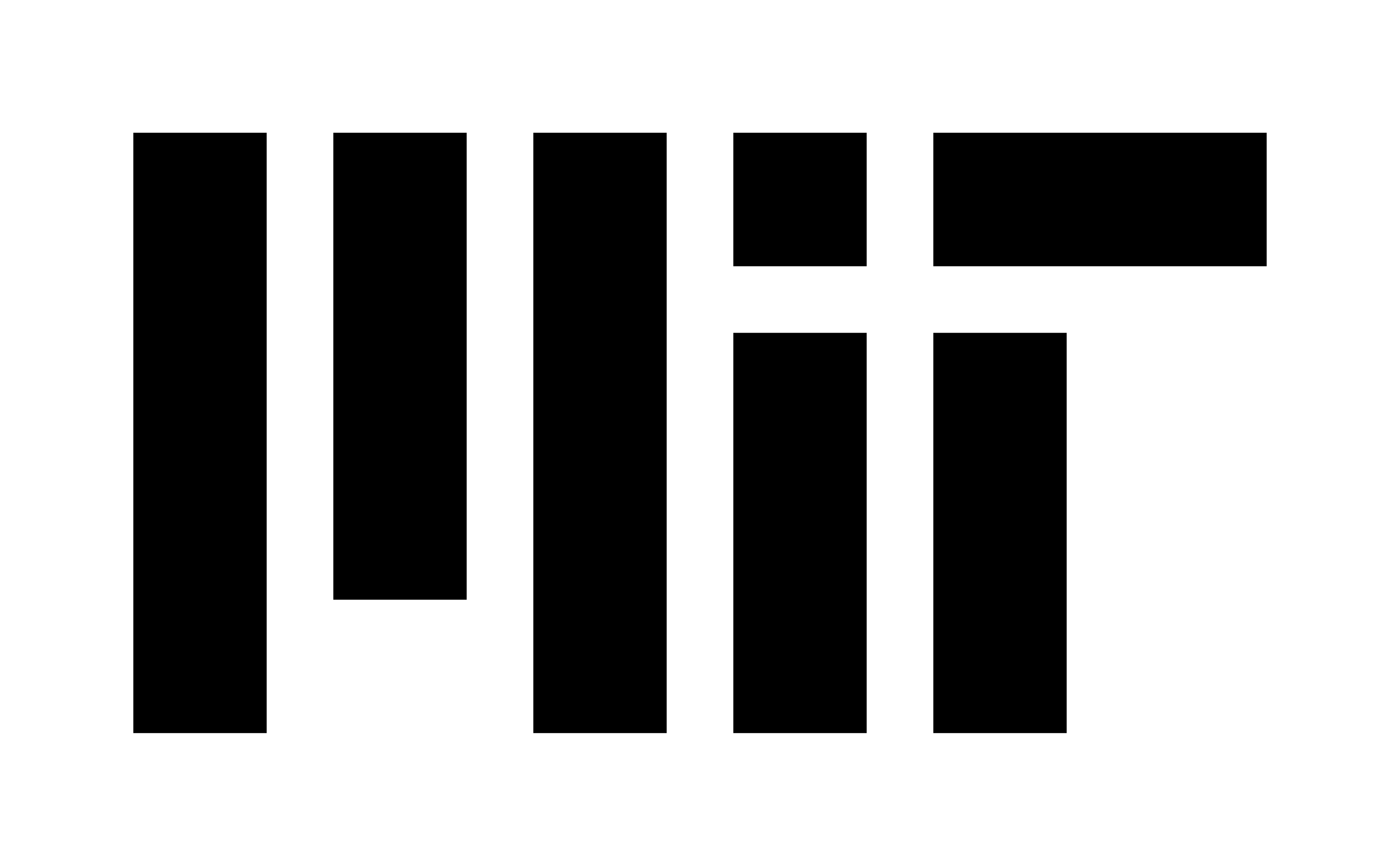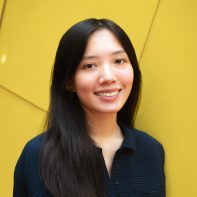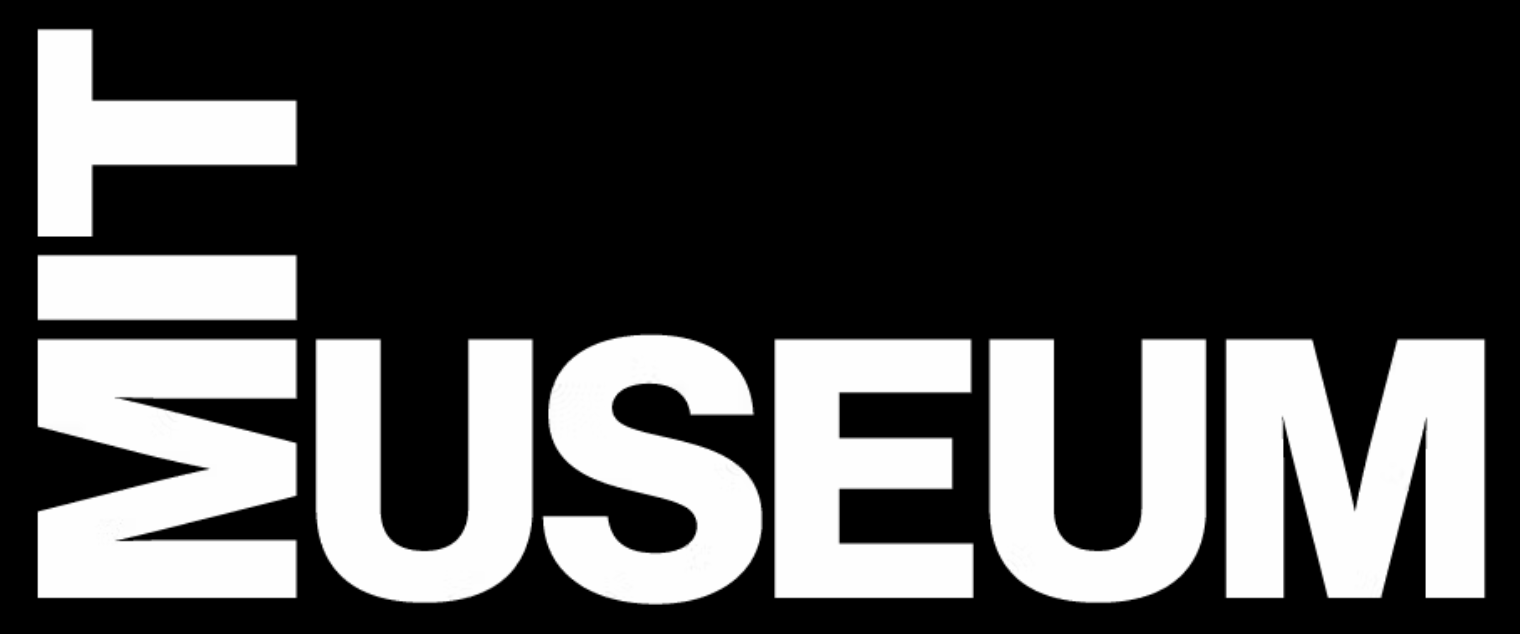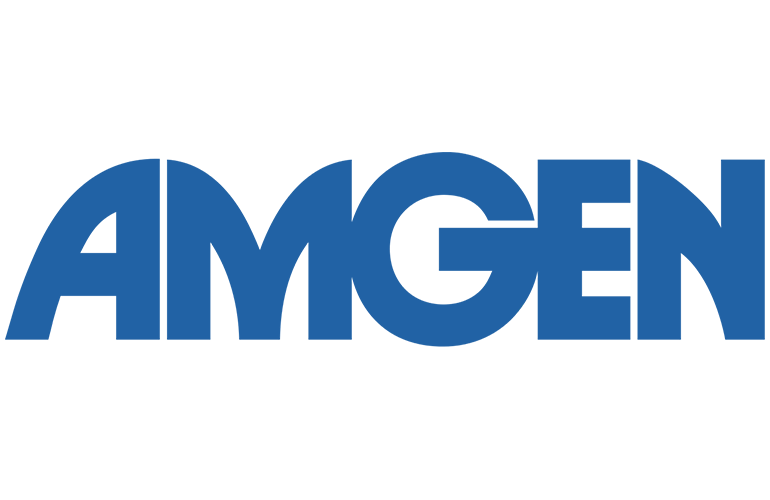AI & Health Summer High School Bootcamp
Early Action: Jan. 11, 2026
Regular: March 1, 2026
Apply Now
AI is already making a profound impact in the world of science, exponentially increasing the rate of new scientific discoveries and insights. What if all that computational power could be harnessed to make the world a healthier place? The MIT Jameel Clinic AI & Health Summer High School Bootcamp immerses students in the world of AI and health at MIT, preparing them for the future of healthcare.
Unlocking the Power of AI
The MIT Jameel Clinic AI & Health Summer Bootcamp is a rigorous 1-week program aimed at introducing inquisitive young minds (grades 10-12) to artificial intelligence (AI) and machine learning (ML) methods used to improve the precision, efficiency, and speed of healthcare.
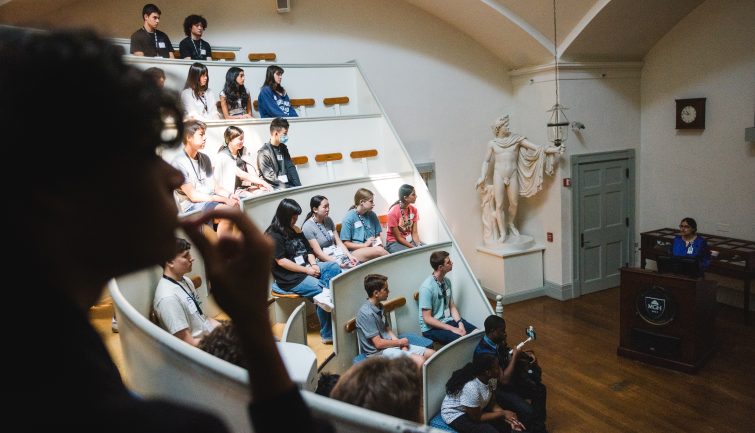
Curiosity
Drawing strength from MIT’s distinctive roots, we believe in learning by doing, and we blur the boundaries between disciplines as we seek to solve hard problems. Embracing the unconventional, we welcome quirkiness, nerdiness, creative irreverence, and play.
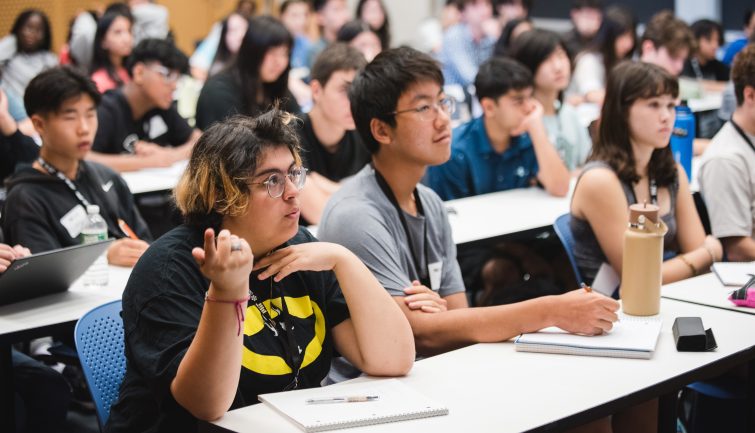
Excellence
MIT has been ranked as the no. 1 university in the world by the QS World University Rankings for 14 years in a row.
The Institute has also placed first in 11 subject areas, which include Computer Science and Information Systems along with Data Science and Artificial Intelligence.
Learn more
To learn more about our 2026 bootcamp, we welcome potential applicants to attend our information sessions on Zoom, which will be held on Dec. 11, Jan. 20, and Feb. 3. If you are considering financial aid, we strongly recommend attending as our program offers a generous package and practices need-blind admissions.
Info Session SignupInstructor Highlights
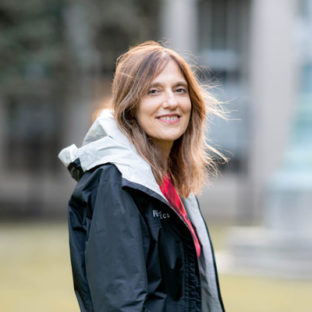
Regina Barzilay, PhD
MIT Jameel Clinic AI Faculty Lead, Distinguished Professor of AI & Health 2017 MacArthur "Genius" Grant RecipientSince 2018, Regina Barzilay has been the AI faculty lead for the MIT Jameel Clinic. Her research interests are in machine learning models for clinical use and molecular modeling with applications to drug discovery. She also works in natural language processing.
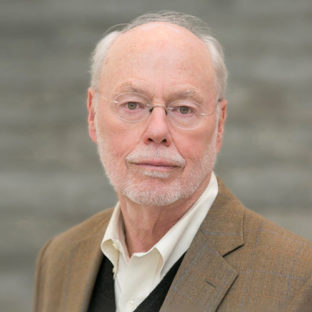
Phillip Sharp, PhD
MIT Jameel Clinic Advisory Board Chair, Institute Professor Emeritus '93 Nobel Prize in Physiology and MedicinePhillip A. Sharp is an Institute Professor at the Massachusetts Institute of Technology. He is Advisory Board Chair of the Jameel Clinic as well as a member of the Department of Biology and the Koch Institute for Integrative Cancer Research. He was founding director of the McGovern Institute, a position he held from 2000 to 2004.

Collin Stultz, MD, PhD
Nina T. and Robert H. Rubin Professor in Medical Engineering and Science, MIT 2008 NSF Career Award WinnerCollin Stultz is a Principal Investigator at the MIT Jameel Clinic and a practicing cardiologist at the Massachusetts General Hospital (MGH). His scientific contributions have spanned multiple fields including computational chemistry, biophysics, and machine learning for cardiovascular risk stratification.
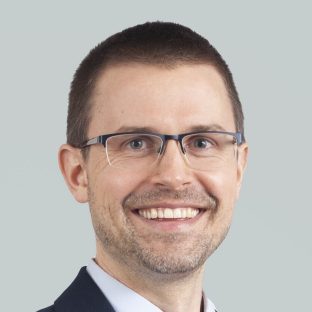
Florian Fintelmann, MD
Associate Professor of Radiology, Harvard Medical SchoolFlorian Fintelmann is a physician-scientist and Medical Director of Thoracic Radiology at Massachusetts General Hospital (MGH) and an affiliate of MIT Jameel Clinic. His research focuses on improving cancer care with advanced imaging techniques and image-guided minimally invasive interventions.
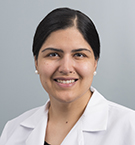
Manisha Bahl, MD
Associate Professor Radiology, Harvard Medical SchoolManisha Bahl is a Physician Investigator in radiology at the Mass General Research Institute and an affiliate of MIT Jameel Clinic. She is also the Director of the Breast Imaging Fellowship Program at Massachusetts General Hospital.
Course Offerings
Students will receive 3-4 hours of instruction on a daily basis from world-class instructors and are required to take all the courses listed below. Over the course of the program, students will be asked to work on group projects, which will culminate in a final presentation that students will be expected to share in class that will be evaluated by the instructors. Students who complete the program successfully will receive a certificate signed by instructors indicating satisfactory performance in the program.
Intro to Machine Learning in Health
How can AI be used to improve health? What is the difference between AI/ML? This course aims to introduce students to high-level theories and applications to give them a grasp of the rich landscape of AI in health.
Python Tutorial
This course is designed to introduce students to the world of programming using Python. Through hands-on projects and interactive exercises, students will be empowered to create their own programs and solve real-world problems with code. This course is split into beginner and advanced courses based on skill-level with different instructors.
Intro to Clinical AI
The potential of clinical AI is enormous — from reducing the workload of overburdened healthcare workers to helping patients get a diagnosis before a disease has the chance to become deadly, this class exposes students to different kinds of clinical AI tools, how they work, potential risks in deployment, and how they can benefit physicians and patients.
Intro to Drug Discovery
The average cost of drug development is around $1 billion per drug — the same cost of launching a rocket into space! But 90 percent of potential drug candidates fail clinical trials, meaning they are unfit for human use. This class helps students understand how AI can reduce the time and costs needed to develop suitable drug candidates.
FAQ
Early Action applicants should expect to hear back at the end of February. All other applicants should expect decisions starting at the end of March.
This program is only for one week and students who have participated in the past are not eligible to participate again.
During the week the program will run from Mon – Fri and we anticipate that the total number of hours per day including class and enrichment activities will be at least 7 hours per day. This program is in-person on MIT campus!
A signed certificate is awarded to participating students upon completion of the bootcamp.
The program will primarily be on MIT campus, with occasional trips neighboring organizations.
The Jameel Clinic AI & Health Summer Bootcamp is $2000 with scholarships available to students. In previous years, we did not charge for participation, but due to the growing number of applicants and our commitment to continually improving the program experience, we have introduced a fee that ensures that students can receive the support they need to thrive in this program.
Students should be prepared to bring their personal laptops, but we are happy to provide loaner laptops to students.
If you have requested financial aid on your application, please wait until you receive our financial aid decision, as application fees are non-refundable once paid.
Eligibility Criteria for Financial Aid: To qualify, you must meet one of the following criteria, along with providing the corresponding proof in one of two ways:
- Option A: Enrollment in a Federal, State, or Local Program Supporting Low-Income Families
- Proof required: Official documentation on letterhead from the program confirming the student’s enrollment.
- Option B: Demonstration of Financial Need
- Proof required: A letter from a high school principal, high school counselor, financial aid officer, or community leader explaining the student’s financial need. The letter must be on official letterhead and include the name, role, email, and phone number of the person providing the recommendation. Alternatively, the applicant may write a short essay explaining their financial need or extenuating circumstances. Please note, we may schedule a follow-up discussion and request additional documentation to verify the details provided.
All applications are subject to verification. Please note that applying for financial aid will not impact your admission to the bootcamp. Please send your financial aid application to jclinic-info@mit.edu.
All applicants are subject to our Privacy Policy. Read more about our Privacy Policy here.
As this program is only for one week, we do not sponsor visas or any travel arrangements.
The Jameel Clinic AI & Health Summer Bootcamp is not a residential program so we rely on parents to provide housing and transportation to and from the program.
Applicants should be incoming sophomores, juniors, and seniors. Students will be selected based on their interests and academic background. Students who are not admitted are encouraged to re-apply next year if not selected for this year’s cohort.
All applicants who meet the eligibility requirements will be considered, regardless of gender, race, or ethnicity.
All applicants are subject to our Privacy Policy. Read more about our Privacy Policy here.
Students are required to attend class. Absence or inactivity without a signed letter of absence related to illness, family emergency, or an appointment within your course may result in a dismissal from the program. Students dismissed for reasons of absence or inactivity will not receive a certificate by the end of the course.
Recommendation letters are optional and should be from someone familiar with your interests, work ethic, and/or extracurriculars.
Early Action letter deadline: Sunday, Jan. 18, 2026
Regular letter deadline: Sunday, March 8, 2026

